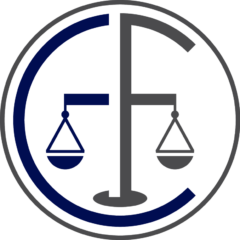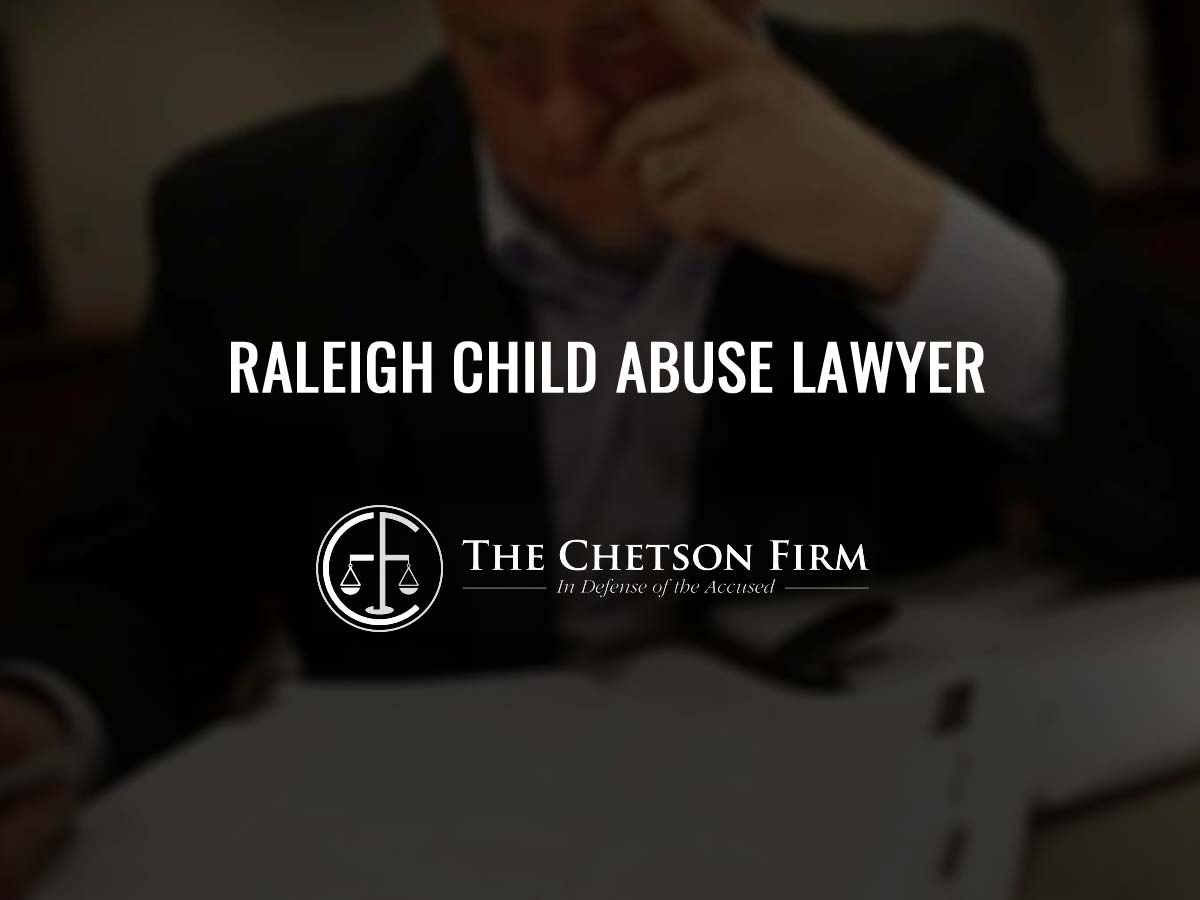Since mid-March, while North Carolina courts are “open,” most courts are closed for non-emergency purposes by order of Chief Justice Cheri Beasley. The Chief Justice extended her order closing most state courts unti June 1, 2020.
As a result, trials have been continued, standard hearings have been postponed, and regular criminal courts have been essentially put on hold. Grand Juries continue to meet to issue True Bills of Indictment, although the list of indicted cases is small now that it has been in the recent past. Superior Court judges are accepting guilty pleas periodically, and are permitting detained defendants to be heard on bond.
The one courtroom that remains open in the civil courtrooms is the Domestic Violence courtroom. That courtroom, in normal times, accepts applications for emergency ex parte orders in the afternoon, and hears cases in the morning.
Because of the emergency nature of many DV-related complaints, the 50B courtroom has been running without interruption since the beginning of the Coronavirus outbreak. In addition, the judges have not been inclined to continue 50B cases even during the crisis.
As a consequence, people who are served with 50B restraining orders (or are seeking 50B restraining orders) need to be prepared to have a lawyer present with them to defend (or prosecute) the case.
While a 50B (Domestic Violence Protective Order), if granted, is a civil remedy, ordering the person against whom it is sought not to have any contact with the plaintiff, the DVPO can have dramatic criminal implications: for instance, if the court orders the defendant to relinquish his firearms, it becomes a federal crime to continue to possess guns. And violations of either an ex parte or a permanent 50B order can result in criminal charges.
Finally, if the 50B complaint has been served, a defendant should not simply fail to show up to court. Failure to appear at court after a 50B complaint has been properly served will usually result in a permanent 50B order that is imposed for a year.


